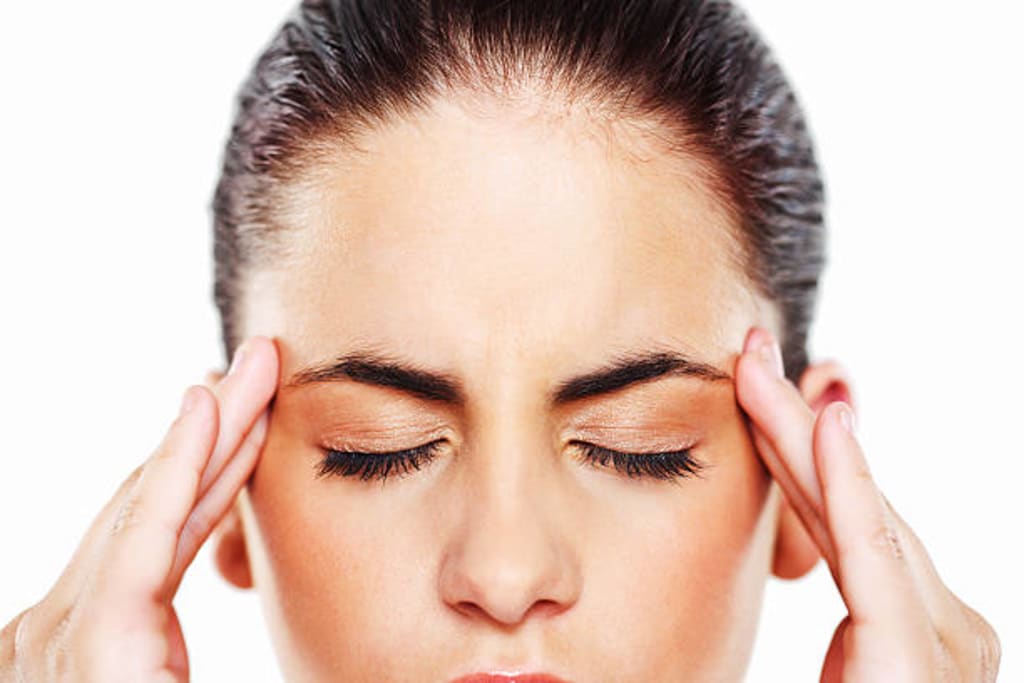
Mental health is an integral part of our overall well-being, affecting how we think, feel, and navigate our daily lives. Just as we prioritize physical health check-ups, it's equally important to pay attention to our mental well-being. Regularly assessing our mental health can help identify potential concerns, ensure early intervention, and promote a balanced and fulfilling life. In this article, we will explore effective strategies and self-assessment techniques to help you check your mental health and take proactive steps towards maintaining emotional well-being.
Know the Basics:
a. Understanding Mental Health: Familiarize yourself with the concept of mental health and its importance in overall well-being.
b. Common Mental Health Disorders: Learn about prevalent mental health disorders such as anxiety, depression, and stress-related conditions.
c. Recognizing the Signs: Identify potential signs and symptoms of mental health issues in yourself and others.
Self-Reflection and Awareness:
a. Honest Self-Assessment: Reflect on your emotional state, thoughts, and behaviors, noting any persistent patterns or changes.
b. Emotional Well-being: Assess your ability to regulate emotions, handle stress, and maintain a positive mindset.
c. Daily Functioning: Evaluate how mental health impacts your ability to perform daily activities, work, or maintain relationships.
Seek Support and Professional Guidance:
a. Reach out to Loved Ones: Share your thoughts and concerns with trusted friends or family members who can provide support.
b. Mental Health Professionals: Consider consulting a therapist, counselor, or psychologist for a comprehensive assessment.
c. Support Groups: Explore local or online support groups where individuals with similar experiences come together to share and learn.
Lifestyle Factors:
a. Physical Health: Recognize the connection between physical and mental health, ensuring proper sleep, exercise, and nutrition.
b. Stress Management: Employ stress-reduction techniques like meditation, deep breathing, or engaging in hobbies.
c. Work-Life Balance: Evaluate your work-life balance, setting realistic expectations and establishing boundaries to avoid burnout.
Journaling and Self-Care:
a. Expressive Writing: Maintain a journal to reflect on your thoughts, feelings, and experiences, gaining insights into your mental well-being.
b. Engage in Self-Care Activities: Prioritize activities that bring you joy, relaxation, and rejuvenation, fostering emotional resilience.
Recognizing the Need for Professional Help:
a. Red Flags: Be aware of warning signs that may indicate a need for professional intervention, such as persistent sadness, thoughts of self-harm, or difficulty functioning.
b. Overcoming Stigma: Recognize the importance of seeking help and break down any stigma or barriers associated with mental health care.
c. Taking Action: Take the necessary steps to connect with a mental health professional who can provide appropriate guidance and treatment.
In 2020 I was diagnosed with bipolar one. I had a many manic episodes leading up to the pivotal episode that landed me in the hospital for a week. I had just turned twenty and i was still growing and changing and i was very scared at the time. some of my scrambled and irrational worries were that i might never be released from the hospital but after a while my outlook on the hospital changed from fearful to realizing that it was a place for me to get better.
It wasn't until I started hitting puberty that i began to change more drastically and the signs of bipolar disorder began to show in my daily life. It started with my inability to let go of things that bothered me and i would hold grudges even for the littlest things. I also had worse decision making skills because my mind was distracted by other useless bipolar thoughts and I had a hard time thinking clearly.
along the way I needed lots of help from doctors to tell me what was wrong and also my mom helped me by always being available to talk. for me talking is more than just a form of communication with others, i notice that when i speak sometimes i reveal more about a certain topic than i had originally know just by talking about it my understanding would grow. For me communication with a designated person is super important. I have my mother for this however you can choose anybody in your life just make sure you trust them and they respect you.
taking control of your mental health is an ongoing journey and requires time and attention in order to navigate it.
Taking charge of your mental health involves active self-awareness, regular self-assessment, and seeking support when needed. By understanding the basics of mental health, practicing self-reflection, and incorporating self-care into your daily routine, you can cultivate emotional well-being and enjoy a more fulfilling life. Remember, prioritizing mental health is a powerful act of self-care, leading to a happier and healthier you.
About the Creator
A C
hi i am new to this plat form. i have seen 24 years of life and have lived many interesting stories along the way!






Comments
There are no comments for this story
Be the first to respond and start the conversation.